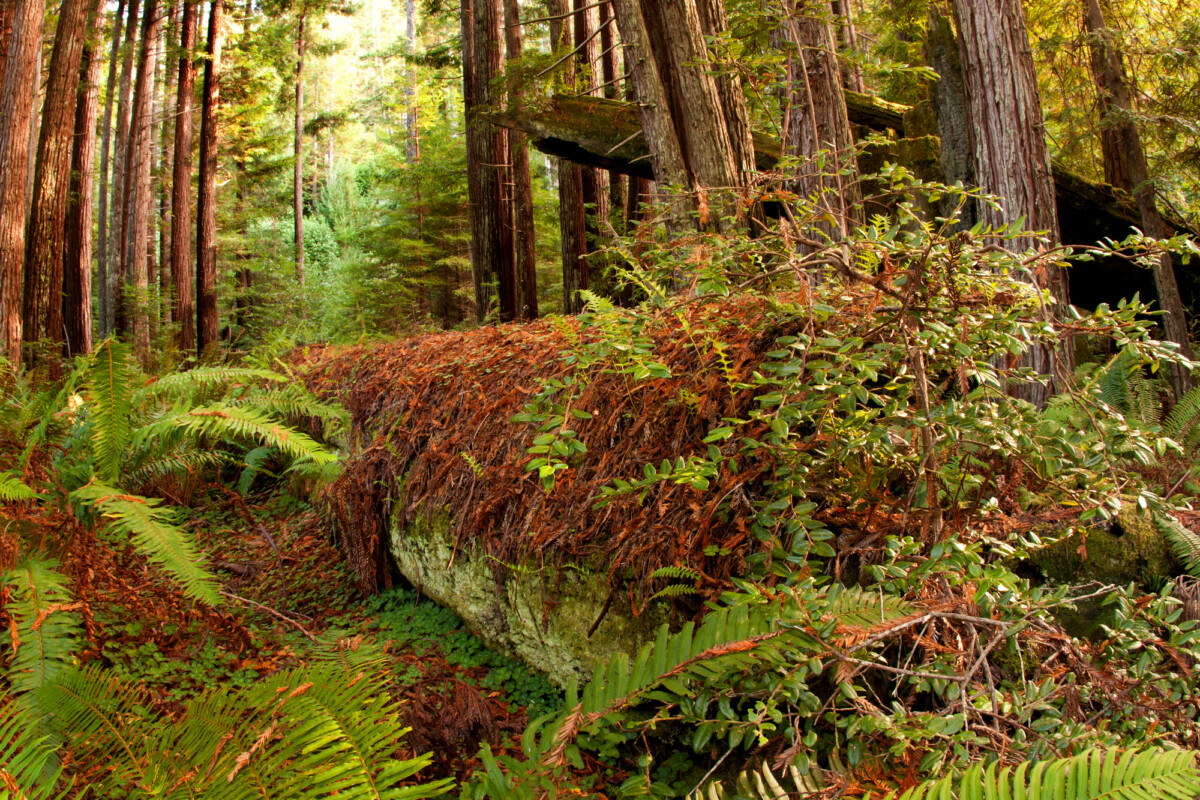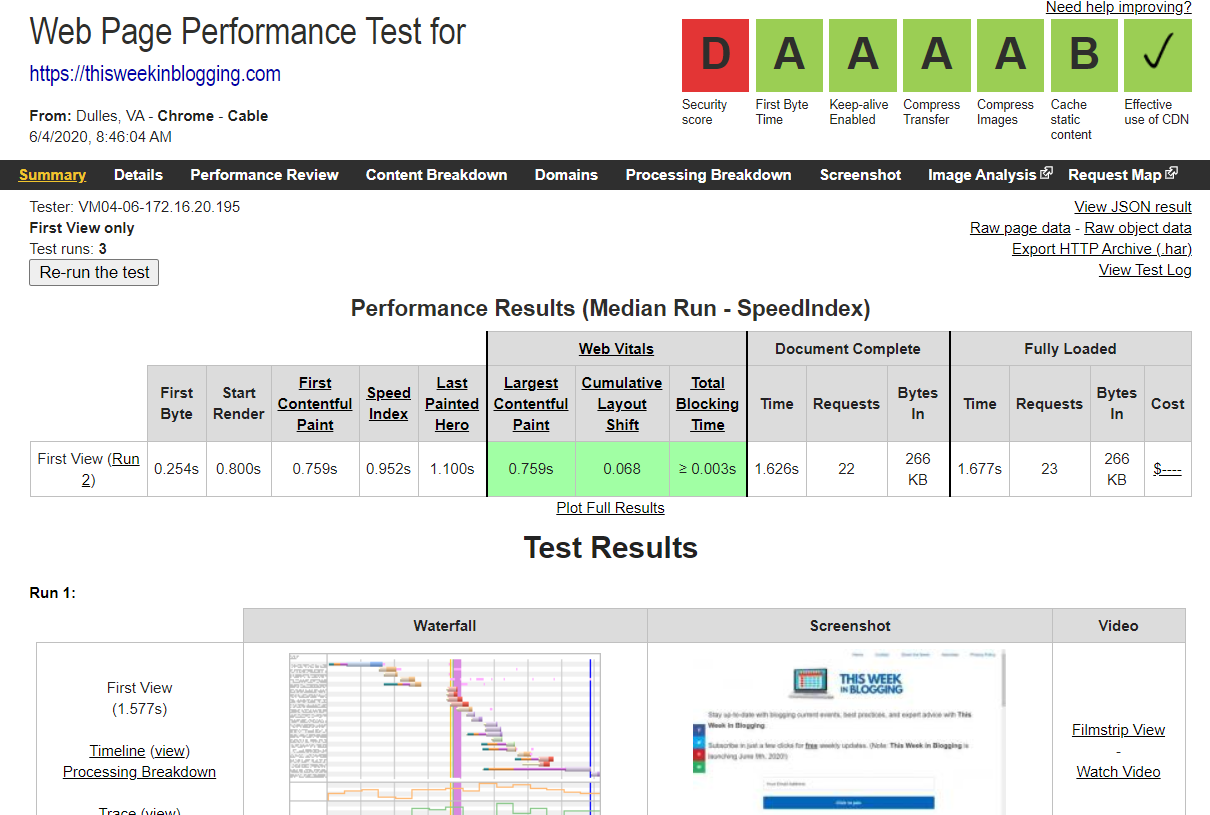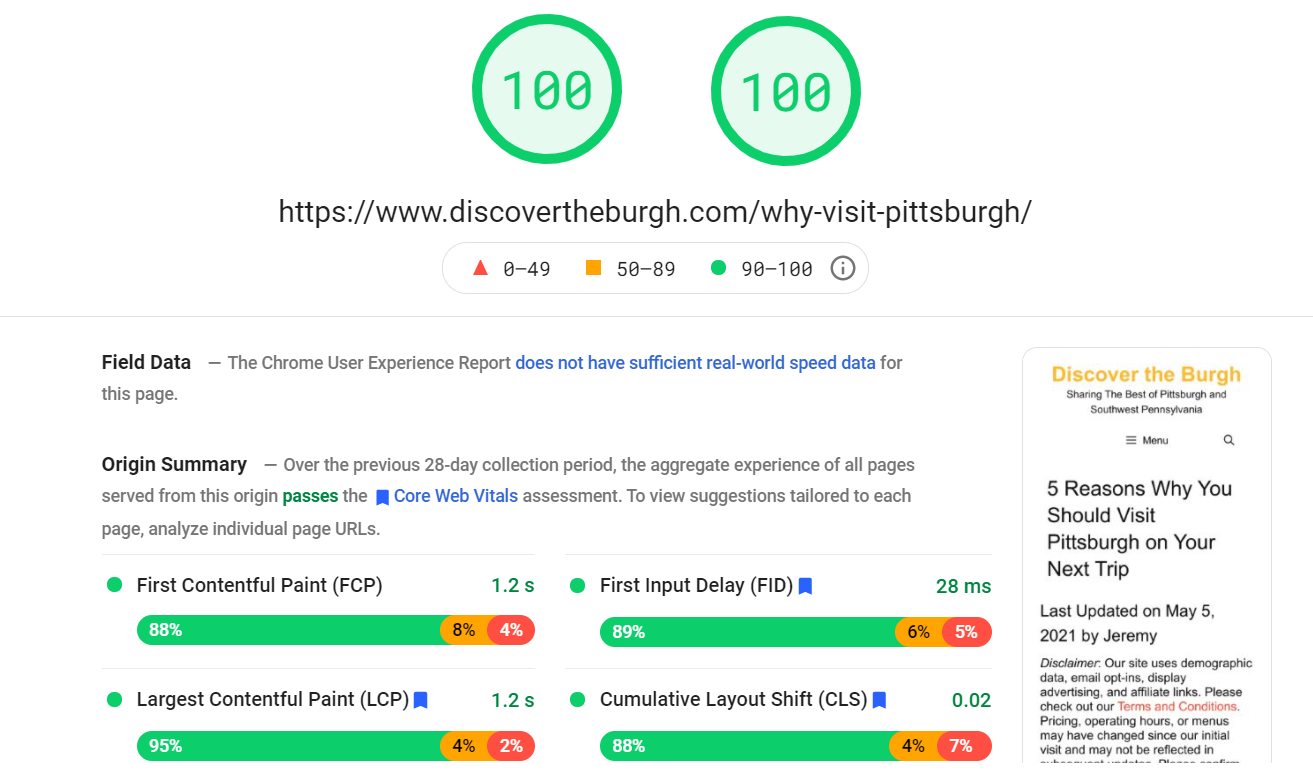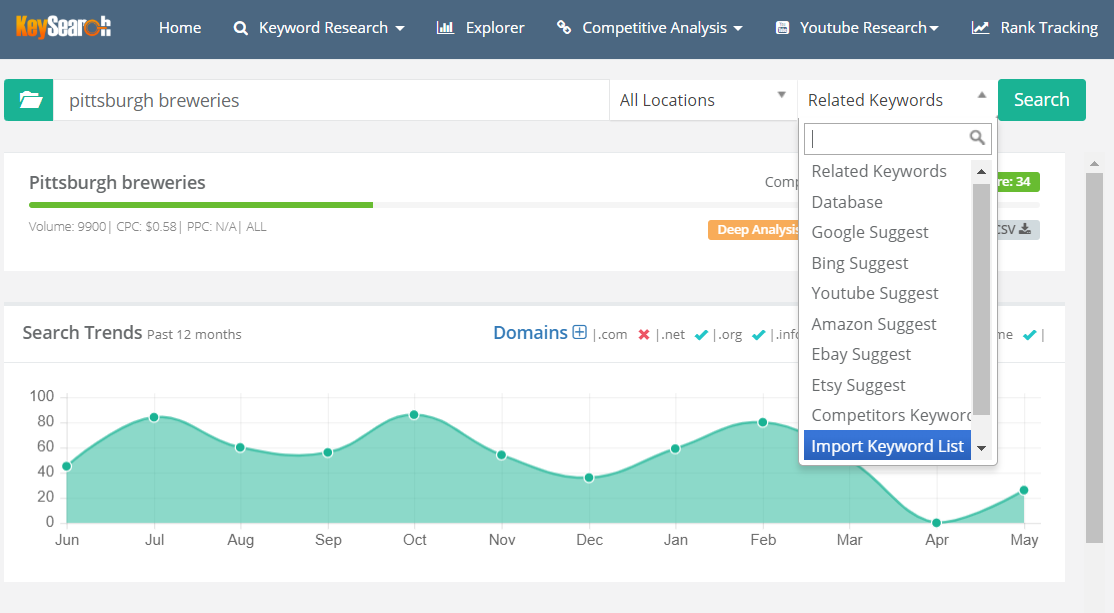Published by Jeremy. Last Updated on June 19, 2023.
Disclaimer: This Week in Blogging uses demographic data, email opt-ins, and affiliate links to operate this site. Please review our Terms and Conditions and Privacy Policy.
One of my favorite kinds of articles to write when it comes to blogging is known as evergreen content.
This kind of content, named after the type of trees that keep their leaves year-round, is considered by many to be always relevant and able to yield traffic for weeks, months, or even years after the initial post is published.
But while longevity is an excellent reward for bloggers who are successful in writing evergreen content, there are also some associated risks that many of us tend to overlook. So in this one we thought it'd be appropriate to share the breakdown of the risks and rewards in producing evergreen content in blogging!
What is Evergreen Content in Blogging?
Generally speaking, the umbrella term “evergreen content” means anything that does not have a perceived expiration date in the eyes of a reader.
A recipe on a food blog may be considered evergreen content because the recipe will always be the recipe. A packing list post on a travel blog for a beach destination is unlikely to change too much over time. Gardening tips on a home and garden website will likely stay the same for years on end, too. I could go on.
These articles are popular to write on blogs because timeless content typically means recurring revenue for those who successfully monetize via ad and affiliate sales.
Let's say you write an evergreen post that gets indexed well in search engines, you receive 1,000 page views per month, and the article holds its rank without issue for at least the next five years. If you are earning, say, $30 RPM consistently via ads and affiliates, your article likely will earn about $1,800 in income, 100% passively, over that timeframe. If it took you eight hours to write that post, your income over the next five years averages out to $225/hr of work (less any expenses).
The sky is the limit here as well. One article on my local Pittsburgh blog that has been read almost 700,000 times as of publishing this article has made a whopping $14,500 on ads alone. Not bad for a couple of days worth of work!
But what if you write an article about something that is not evergreen, say, a preview of an upcoming event that is two weeks away, a review of a camera that may stop being produced a year or two later, share an experience at an attraction that closes a week after you publish, or something else that is time sensitive? You need far more page views to make that same amount of money!
Using a preview article for an event two weeks away is an excellent example because, instead of earning money over five years of page views, your article's relevancy is just 14 days. At the same RPM mentioned above, you would need to drive 4,285 page views per day to that article to earn the same that you would over the longer window with an evergreen post.
I don't know about you, but I can't think of many bloggers that can regularly move that kind of traffic. If you're that kind of blogger, our hats go off to you because you can likely write about whatever you want to a die-hard following!
As such, this is one of the primary reasons why so many seasoned bloggers beat to death the concept of producing evergreen content online. The longer your content is relevant, the more potential traffic you could potentially receive, and the more money you can make in your business!
Evergreen Content May Still Have an Expiration Date
Now, it should be obvious that evergreen posts' long-term traffic and revenue offer a substantial reward in blogging. But there are many risks to keep in mind, too.
First off, we have to admit that the term “evergreen content” is utilized in far more cases than it really should be. While the truest expression of the term literally implies “content that is relevant forever,” in practice, most niches simply never have that kind of longevity.
That recipe on a food blog may go out of style as tastes change. The packing list on a travel blog may evolve as fashions change and affiliate links become broken when products are phased out. That gardening tips article may be replaced with a new technique, tool, or approach. We could go on.
In the previous section, we noted that a preview article for an upcoming event has a fixed expiration date and would not be evergreen- the content becomes irrelevant as soon as the event ends. A review of your experience attending an event could be evergreen, as your experiences at the event can reflect what attendees may expect in the future. This slight difference hangs on with the caveat that the event cannot change that much in the future.
Posts like these can be written in a style that can be evergreen insofar as the topic does not change from underneath you. Event reviews, restaurant reviews, destination articles on travel sites, home improvement tips, and so, so many other niches can have content that could be relevant for a long time- until one day they simply are not anymore. Prices go up, menus change, an event that historically took place in July may suddenly be switched to August, a museum you walked into could switch to timed tickets. The list is endless.
I've gone back and read travel posts I wrote 10+ years ago and cringe at how irrelevant they are to today's travel standards. My experience was still my experience, and most of the content is still, technically, accurate, but between different writing styles, changing trends, and a few bits of outdated information and it is no surprise that no one is (or should be) reading those posts. They were relevant, until they weren't.
There is also the fact that long-term traffic is typically tied to search engines and select social networks (like Pinterest), and your performance could change over time, too. You may rank #1 for a high target keyword today, but two, three, seven years down the road may start slipping as other sites start to become more competitive and displace you. Your content may still be relevant, but it is simply seen by fewer people due to another untold set of reasons.
As such, we in blogging generally take a far too general look at what could be considered “evergreen content”. Even with the best of posts, content decay can become a serious issue that creeps up on us all. So while there are many topics we could claim to be evergreen, the simple truth is that something is evergreen… until it isn't.
This is why we as bloggers need to take periodic reviews of our old content, make updates when needed, and try and maintain as much of our content for relevancy now as much as it was relevant then. Things simply change when you least expect it!
AI and Scrapers Are a Growing Risk to Evergreen Content
Finally, we end on the biggest risk (and one of the newest)- scraping bots and AI.
As we all know, the content creation world is changing. Search engines like Google are moving to include more and more content in featured snippets to keep users on their page and off our sites, and AI chatboxes are repurposing content at an alarming pace- many without proper citations, too.
This could very well impact evergreen content more than others in the future.
The reason this is an issue is the same reason why evergreen content is so popular to write to begin with- it will hopefully be accurate “forever” as the facts within the content typically do not change. The problem here is that if we, as bloggers, are writing content that is based on facts and opinions that can be relevant for years or decades, then it is not an unreasonable stretch to assume that the very same content could be immediately copied by a featured snippet in a search result, AI chatbox, another blogger, a large media outlet, or something else we can't even imagine.
So how do we overcome this and write evergreen content to help us stand out over others who may write the same topic? Showcasing expertise and experience.
Google has done a pretty good job promoting concepts like E-E-A-T (Experience, Expertise, Authoritativeness, and Trust), which guides content creators to showcase why they are the expert to write on that topic. I write about beekeeping on my homestead site, Hipster Homesteaders, for example, and it is my job to illustrate that I know what I am talking about (i.e. showing I actually keep bees).
You know what does not have firsthand experience on that topic? Snippets, chatboxes, or scraper sites. The burden is on us, as the experts, to rise above and display our expertise better than anything else out there which, in turn, helps solidify evergreen traffic in the long run.
Will this prevent AI and scraping services from stealing my content? Absolutely not. But will it help reinforce a level of trust with the readers who do find my content after getting past the bot-provided information? I certainly believe so.
So while it does feel like there is an uncertain future for content creation, especially for more static style evergreen posts, those who rise above and become experts still have opportunities ahead. Just be sure to keep updating your older content while producing new pieces to stay as evergreen as possible. The term is a bit more relative than we'd like to admit!
Do you write evergreen content for your blog? How do you approach the topic to stand out from others? Comment below to share!
Join This Week in Blogging Today
Join This Week in Blogging to receive our newsletter with blogging news, expert tips and advice, product reviews, giveaways, and more. New editions each Tuesday!
Can't wait til Tuesday? Check out our Latest Edition here!
Upgrade Your Blog to Improve Performance
Check out more of our favorite blogging products and services we use to run our sites at the previous link!
How to Build a Better Blog
Looking for advice on how to improve your blog? We've got a number of articles around site optimization, SEO, and more that you may find valuable. Check out some of the following!













